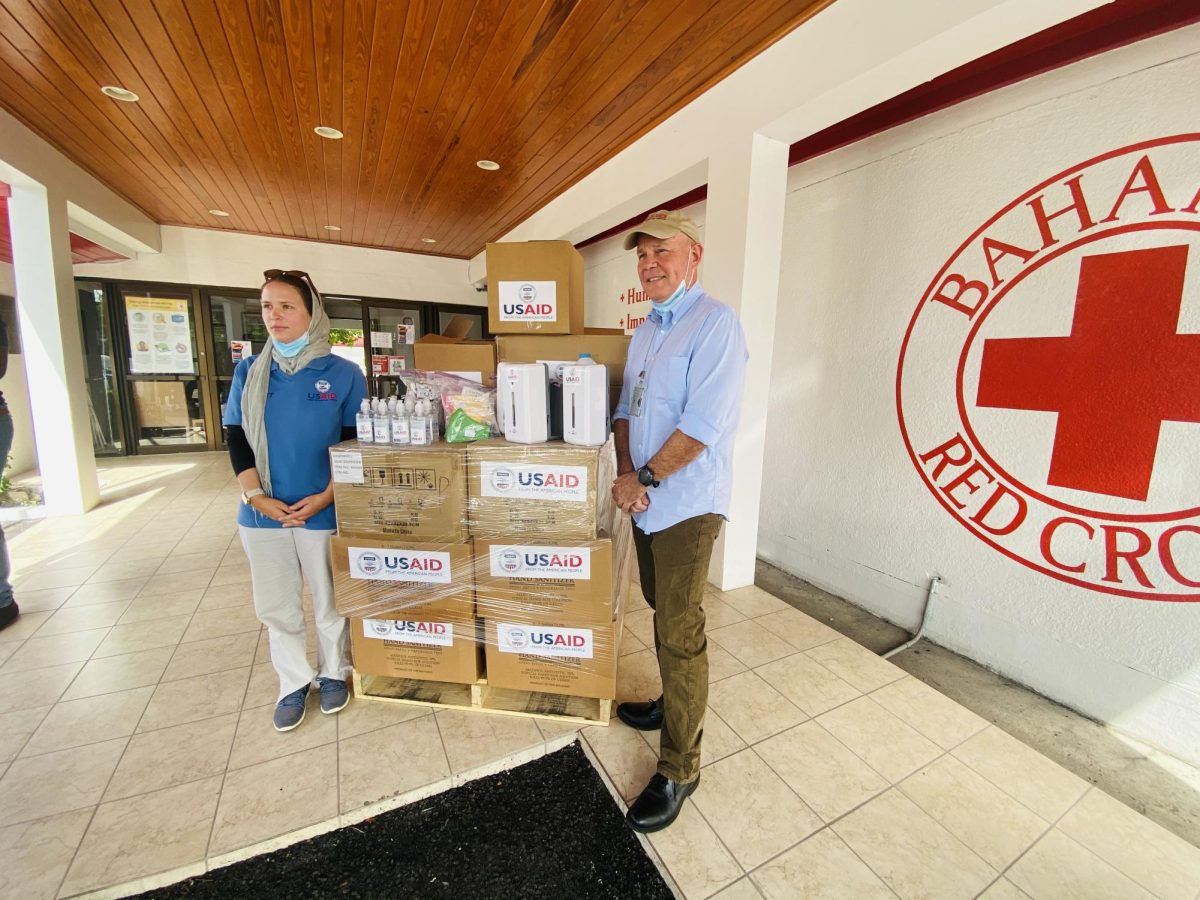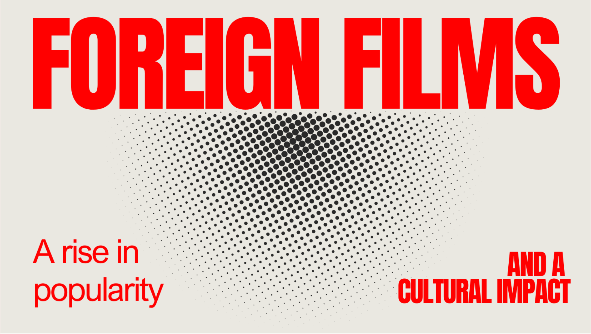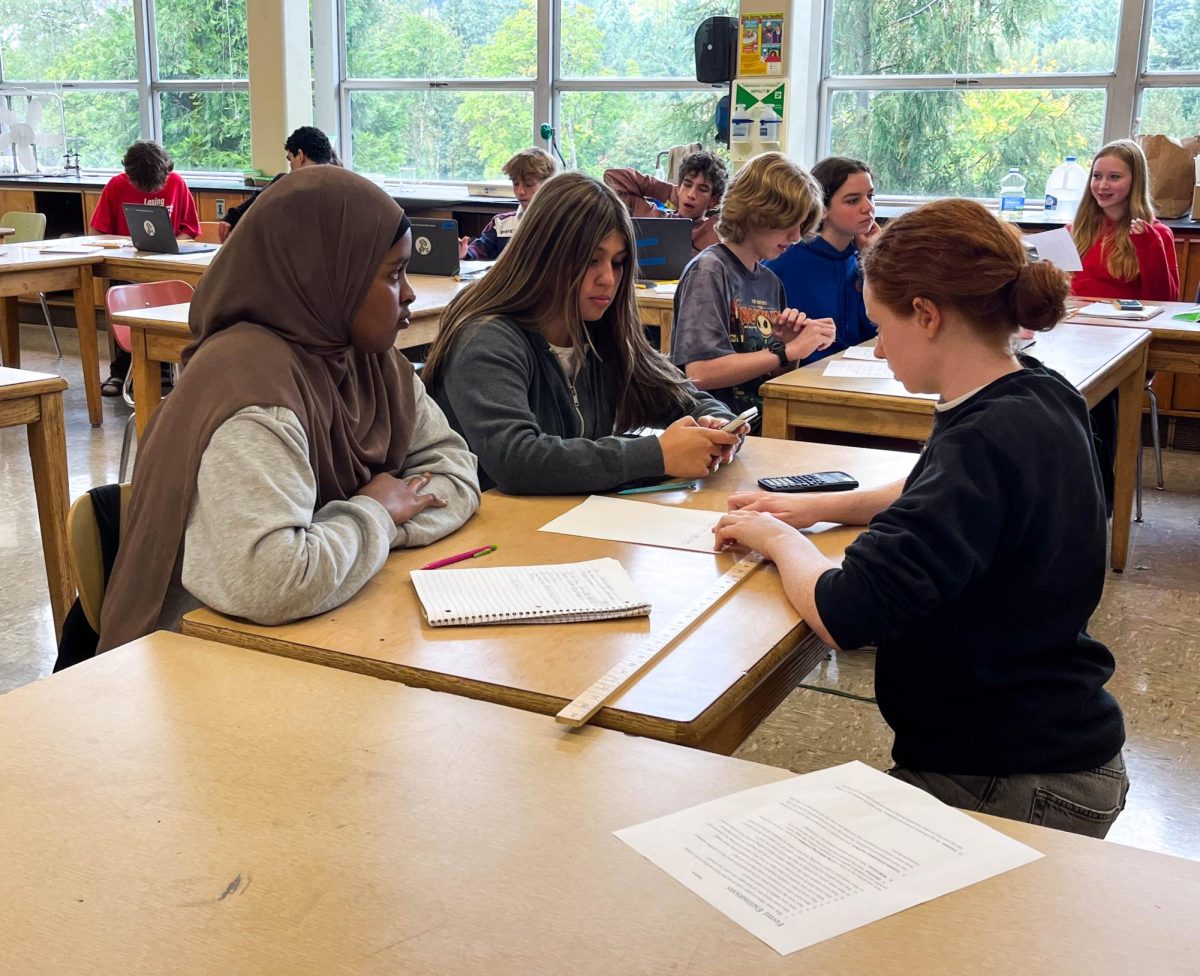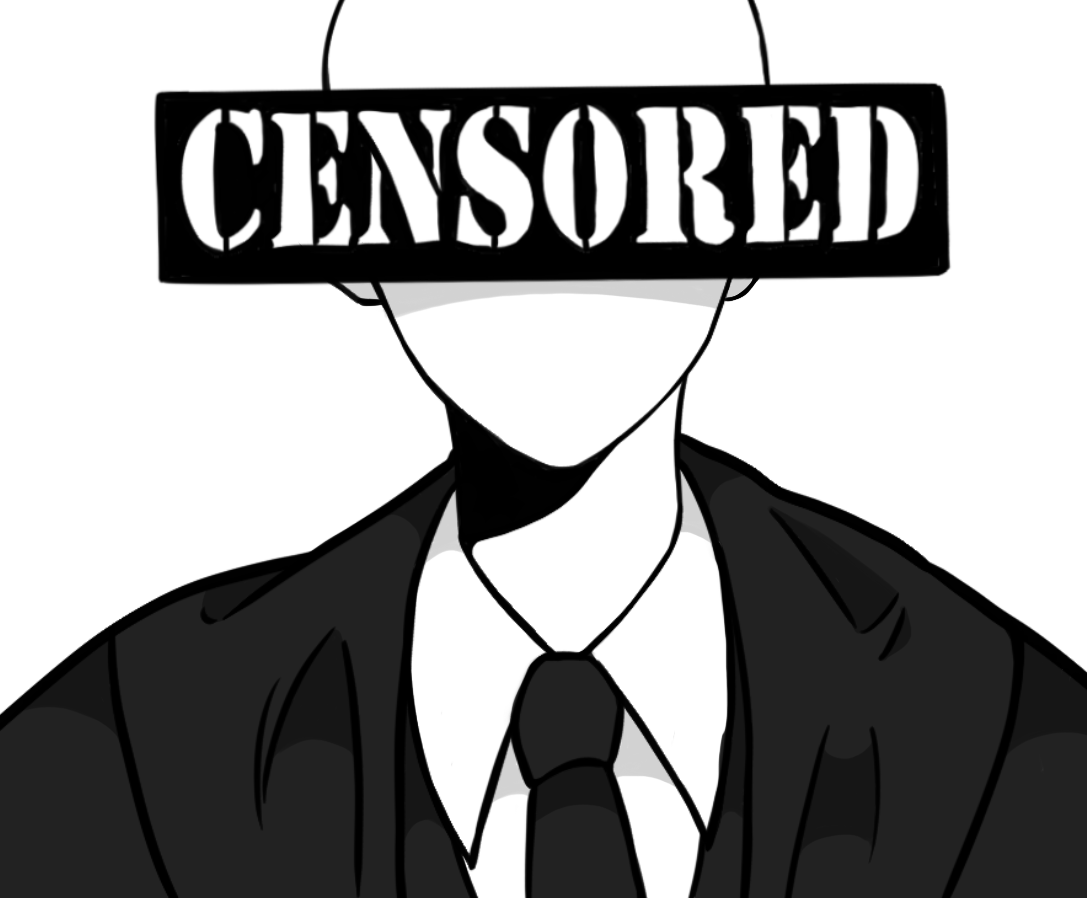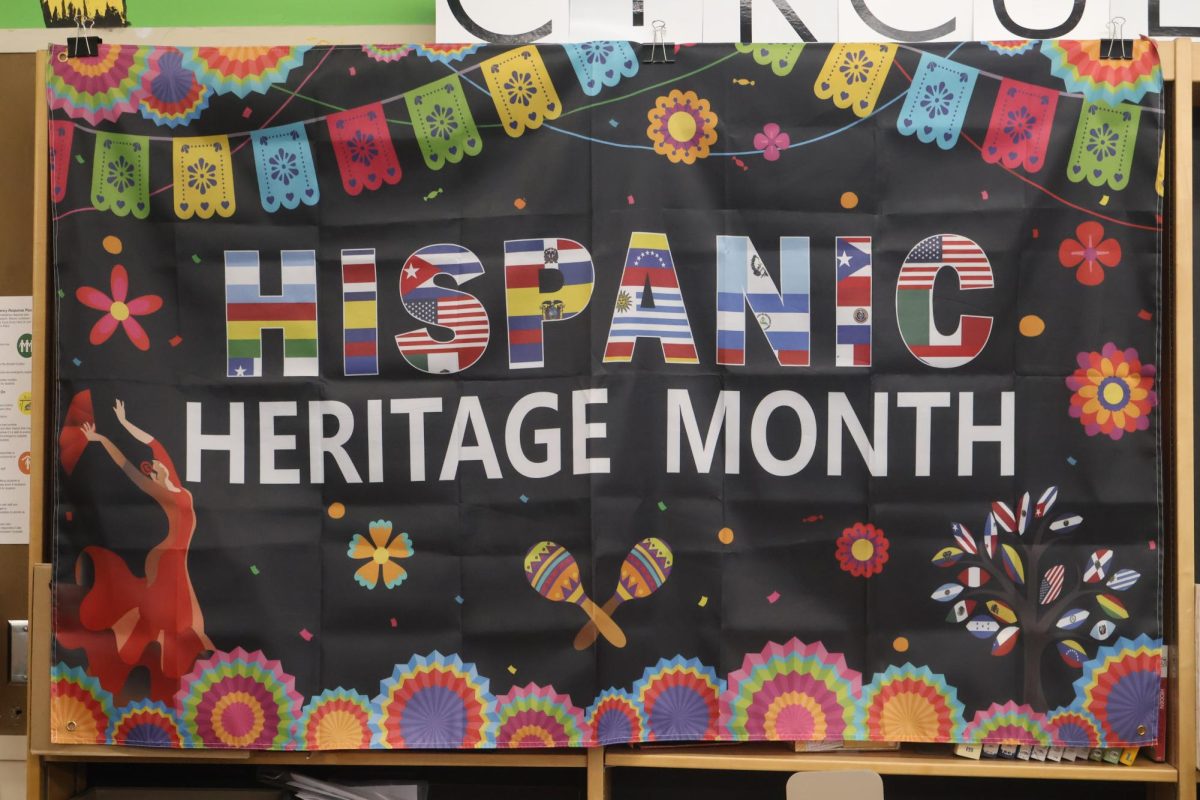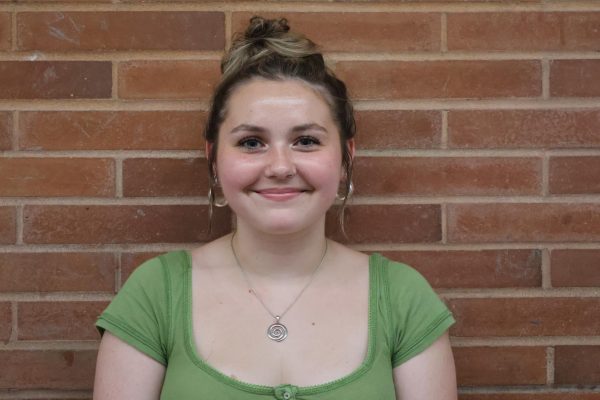In 1961, President John F. Kennedy established the United States Agency for International Development (USAID), an agency of the U.S. government responsible for, according to USA.gov, “extend[ing] assistance to countries recovering from disaster, trying to escape poverty and engaging in democratic reforms.”
Since its inception, USAID has distributed trillions of dollars in foreign aid and development. The agency is responsible for a vast range of tasks, including providing food to starving people across the world, offering polio vaccinations in countries where the disease still circulates and providing medicine to the world’s poorest people, among many others.
On Jan. 20, 2025, President Donald Trump was inaugurated and officially became the 47th president of the United States of America. One of the 26 executive orders Trump signed on his first day of presidency was “Reevaluating and Realigning United States Foreign Aid.” This order came with an immediate 90-day pause on all foreign assistance.
According to Trump, “The United States foreign aid industry and bureaucracy are not aligned with American interests and in many cases antithetical to American values.” The pause on USAID is to prioritize his “America First” policy.
“America First” is “based on the idea that America is best positioned to lead in the world and preserve peace and stability when it places the safety, prosperity, and overall well-being of the American people first.”
His “America First” has a long agenda related to foreign policy, with aims to “prioritize working with nations that contribute their fair share to our alliances” and “give priority to nations that are willing to fight for themselves against common threats” among others.
In his 2024 campaign, Trump repeatedly emphasized redirecting funds away from what he called “wasteful global projects” and investing them instead in domestic projects, including job creation and border security. He criticized foreign aid spending as money that could be better used “rebuilding our own cities before fixing someone else’s.” By targeting USAID, Trump is attempting to fulfill his promise to reduce what he sees as unnecessary international commitments and instead focus on strengthening the American economy and workforce.
USAID is “the largest donor of foreign assistance, contributing to over 40% of all foreign aid,” according to the University of Alabama at Birmingham. The program has saved millions of lives around the world and provided the funding necessary to keep hospitals running.
On March 10, 2025, Secretary of State Marco Rubio announced that a six-week review of USAID had been completed and that over 83% of its programs had been terminated at the six-week mark. The 90-day review ends on April 19, 2025, but it seems Congress has already reached its decision and is ending USAID.
Since its suspension, the United Nations Program on human immunodeficiency virus (HIV) and acquired immunodeficiency virus (AIDS) has estimated that there have been almost 3,000 preventable HIV infections. Officials in the Democratic Republic of Congo have reportedly been unable to afford air conditioning in clinics, which is necessary to keep certain medicines cold enough for safe usage.
In addition, an anonymous USAID official told NPR that, “One Syria program offering food to starving pregnant people and children younger than five was informed that its contract has not been canceled, but a separate contract for the staff who run that program was canceled, leaving no one to oversee the work.”
On March 28, 2025, “Congress was notified that almost all of USAID’s own employees are being fired by September, all of its overseas offices shut, and some functions absorbed into the State Department,” according to Reuters.
Ten days earlier, a federal judge had ruled that Elon Musk’s Department of Government Efficiency (DOGE) was violating the U.S. Constitution by shutting down USAID. His ruling has proved ineffective, as terminations of employees and the agency’s functions are still in effect.
As of April 15, 2025, there have been 171,818 global jobs lost due to the shutdown. USAID has estimated that over 50,000 of those are American citizens.
Fears of another recession in America are stronger than ever, and amidst times of crises, job security is more important than ever. Trump has fired hundreds of thousands of citizens working in government positions, including USAID officials and employees, and there are likely more to come if the “America First” agenda continues.
The shutdown of USAID also poses a major international threat to the U.S. While Trump (among others) claims that USAID’s projects are often incompatible with the country’s interests, he fails to acknowledge the long-lasting and positive connections it forms between partnering countries.
Its termination will not only cause a global health and economic decline, but will weaken diplomacy between former USAID countries, something that further isolates the U.S. from its allies in a time of great foreign turbulence.
The checks and balances on Trump’s administration are next to nothing with a Republican-controlled Senate and House in Congress, and his recent approach to foreign policy has adversely impacted relationships with several allies.
It is uncertain how extreme the ramifications of canceling USAID will be, but it’s clear the outcome can only be negative.


